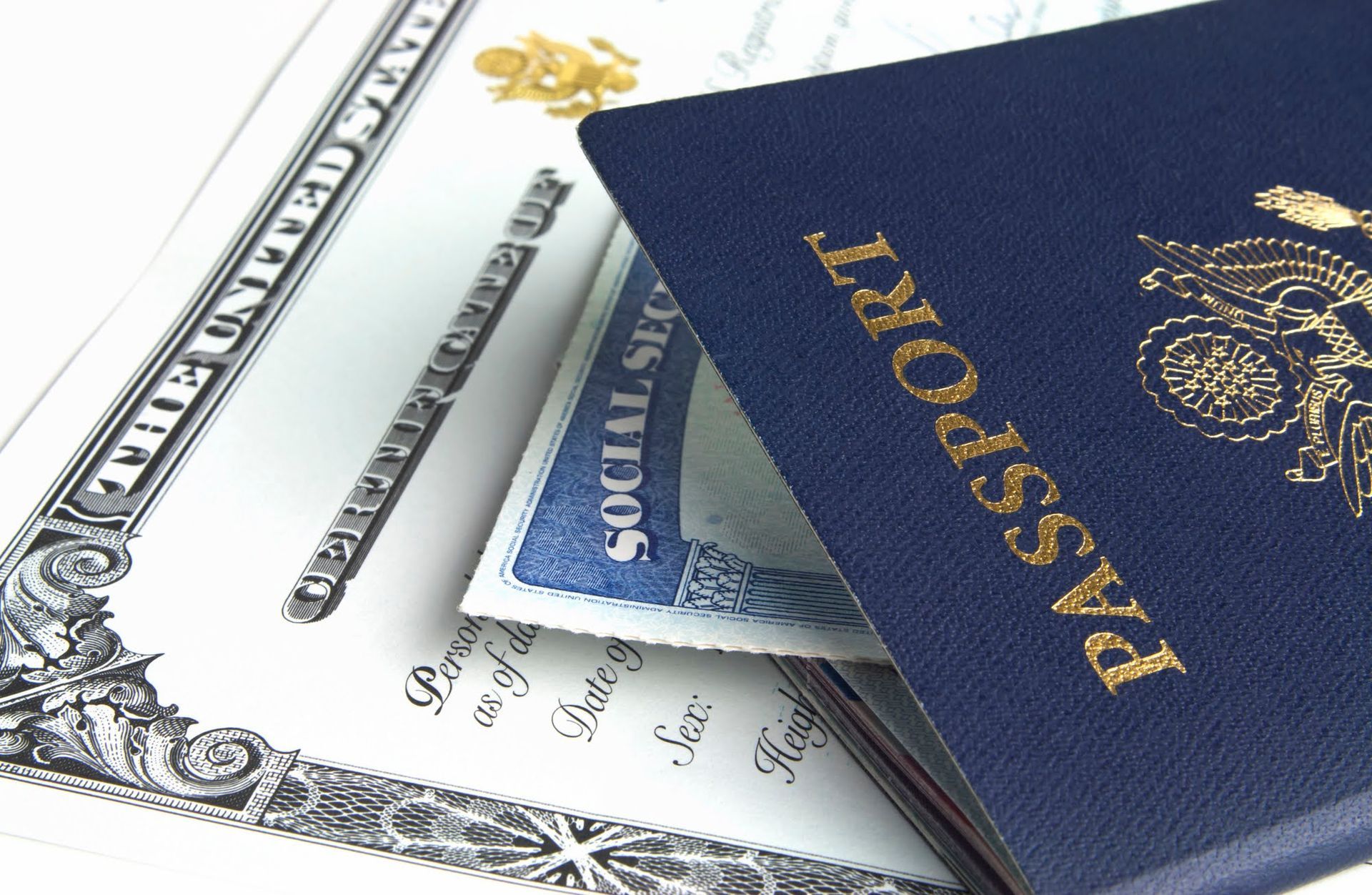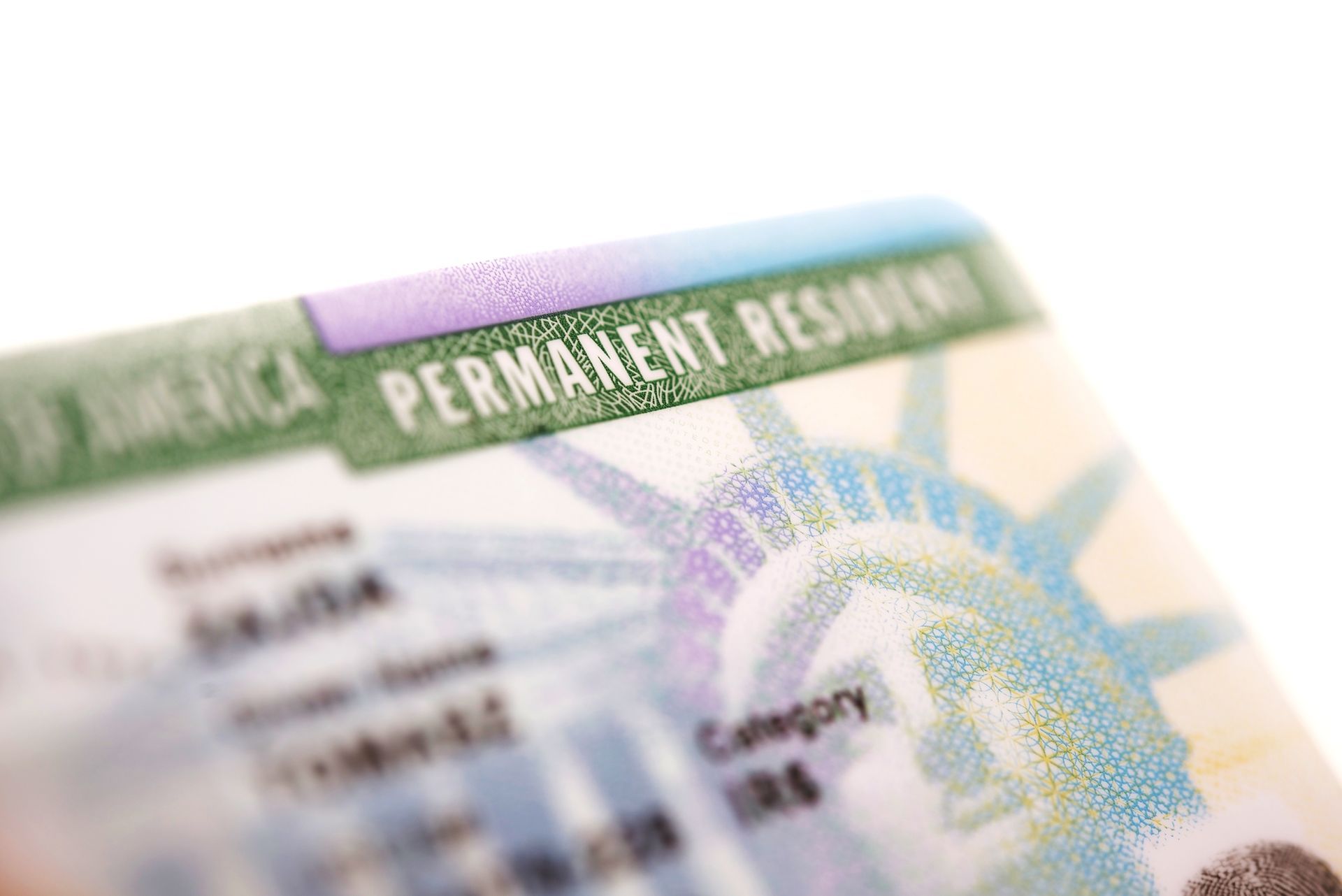Navigating Immigration: A Practical Guide to Green Cards
If you've been on the windy road of U.S. immigration, you know it's riddled with complexities. Among the most coveted waypoints on this route is the green card — a widely misunderstood document cloaked in immigration lore and legal jargon.
In this comprehensive guide, we demystify the green card and provide you with the knowledge you need to understand this vital part of the immigration process.
Green Card Basics
The green card, which is also called a lawful permanent resident card, is a permit that authorizes an individual to work and live in the United States on a permanent basis. It's your golden ticket to becoming a member of American society. Before the confetti falls, however, there's a process to endure. This involves proving eligibility under one of the many categories available, which include family-based, employment-based, refugee or asylee status, and several others.
The Application Process
Obtaining a green card is rarely as simple as filling out a form. Each category entails a specific application process, some of which are significantly more complex than others. Additionally, applicants must often undergo an interview to determine their eligibility and to address any concerns the U.S. Citizenship and Immigration Services (USCIS) may have.
Employment-Based Green Cards
For those seeking a green card through employment, the path starts with a job offer from a U.S. employer willing to sponsor the employee. The employer must generally obtain a labor certification and provide proof that no qualified U.S. workers are available for the position, all before the green card application is even filed.
To simplify the process, the USCIS has categorized jobs into five preference categories. The highest preference is given to individuals with extraordinary abilities or those granted a national interest waiver, while the lowest preference is for unskilled workers.
Family-Based Green Cards
For many, the family is their strongest link to the United States. Immediate relatives of U.S. citizens — spouses, unmarried children under 21, and parents of citizens 21 and over — enjoy the quickest route to a green card, as there are no numerical limits on the number of visas issued in this category each year.
The broader family-based system, however, has both limitations on the types of family relationships that qualify and numerical caps which can significantly slow the process.
Eligibility and Criteria
Determining eligibility for a green card requires a careful review of an individual's circumstances and the specific requirements of the chosen category. These criteria can range from their length of residence in the U.S. to the nature of the applicant's job offer.
Nationality and Country of Birth
Your country of birth or nationality can have a profound impact on your eligibility for a green card. The U.S. has an annually updated list of countries whose nationals face particularly long wait times due to high demand. This impacts not only which green card categories are available but also the timeline for processing a green card application.
Admissibility
The U.S. government bars certain individuals from obtaining a green card based on a variety of factors, including criminal history, immigration violations, health concerns, and national security risks. Applicants must prove they are admissible, or otherwise seek a waiver of inadmissibility.
The Waiting Game
Once the application is filed, the real challenge begins — the waiting period. This can range from several months to several years, depending on the category, the applicant's country of birth, and current processing times.
Processing Times
The USCIS publishes updated processing times for various types of applications on its website. These estimates are a rough guide. The actual time it takes for an application to be processed can vary significantly.
Priority Dates
For green cards in the family-based and employment-based second or third preference categories, applicants must wait for their priority date — the date their petition was filed — to become current. This is based on visa availability.
Renewals and Maintenance
A green card is not a "set it and forget it" document. It comes with obligations and renewal requirements. Failure to maintain legal permanent resident status can result in the loss of the green card.
Conditional Residency
Some green cards are granted on a conditional basis, requiring the holder to apply for removal of conditions after two years. This applies to spouses of U.S. citizens who have been married for less than two years at the time the green card is approved.
Renewal and Reentry Requirements
Green cards must be renewed every ten years, and permanent residents must take care not to abandon their lawful status when traveling outside the U.S. for extended periods.
While the green card process may seem like an insurmountable mountain, with the right information and guidance, the path can be navigated successfully. If you're considering applying for a green card, contact our office today.




